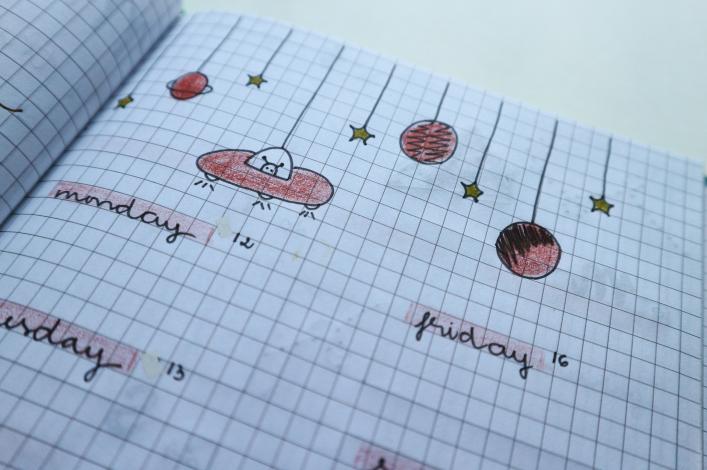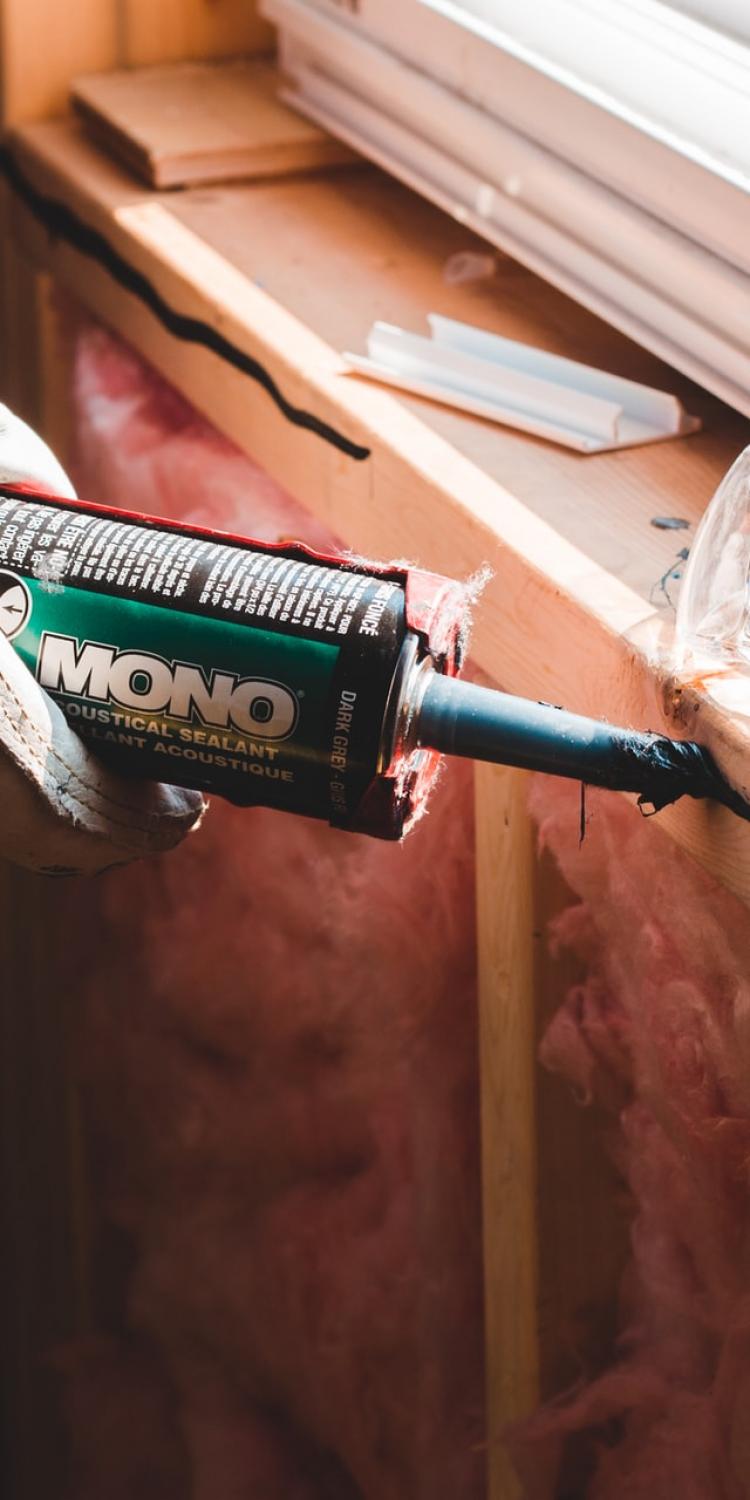Coronavirus: Working From Home with Kids
This post contains references to products from one or more of our advertisers. We may receive compensation when you click on links to those products. Terms apply to the offers listed on this page. For an explanation of our Advertising Policy, visit this page.
Two parents working from home along with kids at home makes for a tough and stressful time. Know that many people are in a similar situation, and the following is based off of things learned the last few weeks.
With recent restrictions and changes around the coronavirus, many people have found themselves at home, with kids, trying to work. Productivity is likely way down because of this. The following will hopefully help to combat that lost productivity.
Working at home can be tough for people that don’t have kids. You have to be disciplined and focused to get work done while at home. It’s very easy to get off task by browsing social media or getting involved in the news.
Once you add kids into the equation, it’s extremely difficult to really focus. This is especially true if you have younger children. They need more attention and focus, and they need you to help take care of them. You’re not going to be able to just set them to some task for hours on end, or set out a schedule for them that they’ll be able to follow.
The following ideas are things that have been working in our home. We have two children, both under the age of 7. One of them is a toddler, which is extremely difficult. Both adults have responsibilities that must be taken care of (work and school) during the day. We’ve been learning, just like many of you.
Have a dedicated space
You should always have a dedicated space if you’re working at home. That doesn’t mean you need an office at home, or that it has to be a large or different space. What it means is that you should be working in a space that you always go to, and that has some type of door.
Most obviously, a separate office space is most ideal. You can go in there, close the door, and work as much as you need. For most people though, that’s unrealistic.
Ideas or spaces that I’ve seen that I like: a bedroom, basements, and utility rooms. You can use your bedroom for working. Ideally you have some type of desk or table that you can sit at, and you can work from there.
An unfinished basement or utility room (assuming it’s large enough) may also work. I stand while I work, so I don’t need a ton of space for myself, so our utility room actually works out fine for me to be able to go into and work. Unfinished basements are also good options (assuming you can get power to your computer).
A dedicated space will cut down on the number of distractions from your kids. It allows you to focus on what you need to be doing rather than constant interruptions.
Create a daily schedule for your child
I have no idea why we didn’t start by doing this. Probably because we’d never done any type of homeschooling before, and most of our experience about doing school remotely has been at a college level which is obviously very different.
Regardless, if you’re not already doing this, you should sit down and create a schedule for your children that are in school, that are now at home. The older the child, the easier it will be for them to follow the schedule.
In our home, we have a first grader, and we simply weren’t provided with a ton of work that the student should be doing - there isn’t an online curriculum that they should be completing or anything of that nature. We were provided with a handful of materials, and a couple of online resources that we could use, but that was the extent. I’m not blaming the teachers for this at all - it’s first grade, and this is definitely not a scenario that was probably ever contemplated by them. They are doing a great job given the situation.
What this means is that we now have a dedicated schedule of when our son is doing school work and what he is working on. We actually automated this with an Amazon Echo so that at a given time each day, it says what the next activity is. While a parent generally has to make sure he’s moving to the next scenario, he’s not constantly asking when he should be done. It also allows your child to know when and what they’ll be working on.
We have a similar schedule for our toddler, but it requires a lot more interaction from a parent - there’s not the ability to stay focused on the task yet. Regardless, it allows the parent to know what the child will be doing and sets a structured day for the child.
Create a daily schedule with your partner
Creating a schedule for yourself and your partner will be critical in helping avoid frustrations and misunderstandings (which will still happen). This may need to be done on a more regular basis than your child’s schedule as you may have meetings or other items for work that change on a more regular basis.
My wife and I have a general plan of who is taking care of the kids, and at what time each day, but that’s flexible and fluid - we’ll discuss the evening before what changes need to be made to that schedule each day.
By discussing when we’ll be with the kids during the following day, and who will be working, it helps to keep us feeling less stressed and frustrated. We’re not perfect though - it’s still a stressful situation, but it helps.
Try to schedule longer periods of uninterrupted time
If your schedule is broken down into 30 minute chunks of working and not working, it’s going to be impossible to get anything meaningful done. Constantly context switching is going to just kill your productivity.
Try to schedule at least 2 hour intervals where you’re working and your partner is responsible for the kids. This will allow you to get far more done.
Of course, this isn’t always possible, especially if both partners have meeting or other items, but meetings are already a context switch from your normal work, so if you’re trading off every 30 minutes for meetings, that’s less of a problem. If you’re trying to get work (or school) done though, longer periods of uninterrupted time will get you a lot further.
Use media when needed (not always)
There may be times when both you and your partner need to do something for work, or for whatever reason, you’re both needed to be doing something. At this time, the TV can become your friend. Turn something on that your child can watch and stay engaged in, and do your work.
The problem with this is if you’ve had your children already watching TV all day, it’s likely they will become less engaged with it and be more likely to interrupt you. In other words, they’ll become bored with the TV.
Sitting your child in front of the TV all day is probably not a good idea in the first place (our doctor certainly doesn’t recommend it), but given the current situation, you’re probably using the TV more than you’d normally like. However, you should be using it strategically to help you get things done that you really need to.
Our toddler will sit for about 45 minutes before he wants someone to play or interact with him. If both my wife and I have to get something done, we’ll use the TV to our advantage. However, if he’s been watching TV all day already, there’s no way for us to take advantage of that. Be smart about your TV and media use.
Use weekends when needed (and possible)
Not everyone will be able to use the weekend to their advantage. Hopefully your employer is understanding of the current situation, and you can, but you just may not be able to. If you can work on the weekend though, it may be an easy way to get done what you need.
The downside to using the weekend is that those may be the days that you normally turn off your work. It’s critical that you make sure you get enough time off that you feel rejuvenated enough to work, and you don’t burn yourself out.
If you do work on the weekend, schedule your time accordingly, and stick to it. It may be easier to work too much on the weekend as you’ll have more dedicated time.
Another idea with the weekend is to shift your weekend and have a different weekend from your partner. You could be taking off Monday and Tuesday, while your partner has a normal weekend. This would allow for a more structured schedule on those two days, and several hours of uninterrupted work. This could be a good idea if it works for you and your employer.
Get outside
Get outside and get some fresh air. Being cooped up all day with your kids is pretty stressful. Take time each day to get outside and enjoy some fresh air.
Now, this may be harder than it sounds. Some places in the United States are under lockdown, and you can’t really leave your home for anything other than to get essentials (groceries). This likely means you need to find a way to do this at home.
Obviously, if you have a yard, you can go out and play out there. We’re fortunate to be in that position, and so we do so everyday. It’s snowed the past two days here, and we’ve still got outside and played.
If you don’t have a yard, ideally you have a balcony. Get out there and breathe some of the air. I like to read on the balcony, but that would also require you to have no kids that you’re responsible for while you’re on the balcony which may not be the case.
If that’s not possible, then make your journey to the store a walk to the store. Make that a daily trip (if you’re comfortable doing so) to get some type of fresh food - fruits, vegetables, or otherwise.
Get a good night’s sleep
It’s absolutely critical that you get a good night’s sleep when you’re stressed out. The current situation is nearly impossible to not stress most people out to some degree, and so getting enough sleep at night will be important.
Go to bed when your kids do if you have to. Give up some of your personal time to do so. Sleeping at night will help to re-energize you for another day.
Eat healthy
Along with sleeping at night, eat healthy. Don’t eat junk all day long, and for your meals. Make sure you’re getting solid, well rounded meals as much as possible.
This doesn’t have to be difficult. Our guide on making simple meals at home should allow you to do this much more easily. It will help to make things less stressful by putting healthy foods in your body.
Also, buy snacks that are healthy. Vegetables and fruits are your friend. Buying a bunch of junk to snack on is not a good idea - it’s too easy to overeat sweets. I have extensive experience with this with Oreos and M&Ms which we basically never buy these days for this exact reason. Buy healthy snacks.
Conclusion
These ideas are things that are working for us at this unique and stressful time. We still struggle and get frustrated, but every little change for the better helps.







